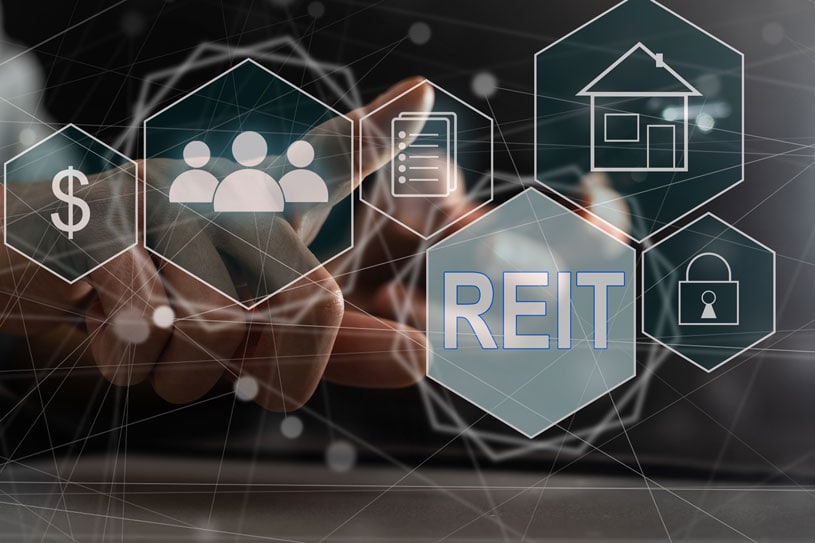Integrating artificial intelligence (AI) in real estate transactions revolutionizes the industry, offering unprecedented efficiency, accuracy, and customer satisfaction. AI automates complex tasks such as property valuations, market analysis, and contract management, transforming how real estate professionals and consumers interact. However, as with any transformative technology, AI brings challenges that must be addressed through robust regulatory frameworks. Ethical practices, data privacy, and accountability are critical for fostering trust and mitigating risks. This guide analyzes the role of AI in real estate, the need for regulatory frameworks, and the implications of these regulations for the industry’s future.
Overview
AI applications in real estate range from smart property searches and virtual tours to predictive analytics for market trends. These tools streamline operations and provide stakeholders with actionable insights. While the technology offers numerous advantages, its widespread adoption raises questions about transparency, data security, and ethical considerations. Regulatory frameworks must address these concerns and establish clear AI development and deployment guidelines. By balancing innovation with safeguards, regulations can promote trust and sustainability in the real estate sector.
Target of Using AI in the Real Estate Market
AI is employed in the real estate market to enhance decision-making, reduce operational inefficiencies, and improve user experiences. Buyers use AI tools to find properties that match their preferences, while sellers leverage predictive analytics for pricing strategies. Real estate agents use AI-driven platforms to provide personalized services, and investors rely on data insights to identify profitable opportunities. AI aims to create a more seamless and equitable real estate market by targeting pain points like time-intensive searches and inconsistent valuations. However, these advancements necessitate regulations to ensure responsible use.
How Does It Work?
AI in real estate operates through machine learning algorithms and data analytics. These systems analyze vast datasets, including property listings, historical sales, market trends, and user preferences, to deliver insights and automate tasks. For example, natural language processing (NLP) powers chatbots that assist customers, while predictive models estimate property values based on various factors. AI also enhances property management through automation of maintenance requests and tenant communication. Despite its efficiency, the reliance on personal and financial data highlights the need for regulatory oversight to safeguard user information and maintain ethical standards.
Regulatory Frameworks for AI in Real Estate Transactions
Establishing regulatory frameworks for AI in real estate is critical to ensure transparency, accountability, and fairness. These frameworks should address key areas, including data privacy, algorithmic bias, and ethical practices. Additionally, industry-specific guidelines are needed to standardize AI use in property valuations, contracts, and customer interactions. Governments, industry leaders, and technology providers must collaborate to create comprehensive regulations that promote innovation while mitigating risks.
Who Can Use It?
AI in real estate is accessible to many users, including buyers, sellers, agents, property managers, investors, and financial institutions. Buyers use AI tools for tailored property searches, while sellers benefit from pricing insights and market analysis. Agents enhance their services with AI-driven customer support and operational efficiency. Property managers streamline maintenance and tenant relations, and investors gain data-driven insights for portfolio optimization. Regulatory frameworks ensure all users can access these tools responsibly, fostering inclusivity and trust in the technology.
Respecting Ownership Rights
Respecting ownership rights is a fundamental aspect of regulatory frameworks for AI in real estate. Property-related data, such as images, descriptions, and transaction histories, must be handled carefully to avoid misuse or unauthorized sharing. Regulations should mandate clear consent protocols, ensuring property owners retain data control. Furthermore, intellectual property rights must be upheld, preventing unauthorized use of proprietary information. By prioritizing ownership rights, regulations can foster trust among stakeholders and promote ethical practices in AI deployment.
Accuracy and Efficiency
AI significantly improves accuracy and efficiency in real estate transactions. Traditional property valuation and market analysis methods are often time-consuming and prone to human error. AI systems, on the other hand, process vast amounts of data with remarkable speed and precision. These tools deliver consistent valuations, accurate market forecasts, and personalized recommendations, enhancing stakeholder decision-making. Regulatory frameworks should encourage the adoption of AI while ensuring that the technology meets rigorous standards for accuracy and reliability.
Transparency
Transparency is a cornerstone of ethical AI use in real estate. Regulatory frameworks should mandate clear disclosures about how AI systems operate, including the data sources, algorithms, and factors influencing decisions. This transparency builds trust among users, ensuring they understand and trust AI-driven insights. For example, platforms should explain how property valuations are determined or how predictive analytics inform pricing strategies. Transparent practices enhance user confidence and encourage responsible AI development and deployment.

Ethical Concerns
AI in real estate raises ethical concerns, including algorithmic bias, unequal access, and data privacy issues. Bias in AI algorithms can perpetuate inequalities, while the digital divide may limit access to AI tools for underserved communities. Additionally, the extensive data collection required for AI systems raises privacy concerns. Regulatory frameworks must address these issues by promoting fairness, inclusivity, and data security. Ethical guidelines should also ensure that AI complements rather than replaces human expertise, preserving jobs and fostering social responsibility.
Benefits
The benefits of AI in real estate are transformative, offering enhanced efficiency, accuracy, and customer satisfaction. Automated processes reduce time and costs for stakeholders, while data-driven insights enable informed decision-making. Buyers enjoy personalized property recommendations, and sellers benefit from dynamic pricing tools. Agents streamline their operations, and investors gain actionable market forecasts. Regulatory frameworks ensure these benefits are realized responsibly, protecting stakeholders and promoting equitable access to AI-driven solutions.
Challenges
Implementing AI in real estate has challenges, including high costs, technical complexities, and regulatory uncertainties. Developing and deploying AI systems requires significant investment and expertise, which may be inaccessible to smaller firms. Ensuring data accuracy and algorithmic fairness is another critical challenge, as biased or incomplete datasets can undermine AI effectiveness. Resistance to change among traditional stakeholders and a need for standardized regulations further complicate adoption. Addressing these challenges requires collaboration among industry leaders, policymakers, and technology providers to create supportive ecosystems for AI innovation.
Future Real Estate Market
The future of real estate will be shaped by the widespread adoption of AI, supported by robust regulatory frameworks. Technologies like blockchain, smart contracts, and AI-driven analytics will transform property transactions, making them faster, more secure, and equitable. AI will enable real-time market monitoring, personalized user experiences, and seamless property management. However, achieving this vision requires proactive measures to address ethical concerns, data privacy issues, and regulatory gaps. The industry can foster innovation and accountability by building a sustainable and inclusive future.
Frequently Asked Questions
Why is regulation necessary for AI in real estate?
Regulation ensures transparency, accountability, and fairness, addressing data privacy and algorithmic bias.
How can AI improve property transactions?
AI enhances efficiency, accuracy, and customer experiences by automating processes and providing data-driven insights.
What are the risks of unregulated AI in real estate?
Unregulated AI may perpetuate biases, compromise data privacy, lead to unethical practices, and undermine trust.
Who benefits from regulatory frameworks?
All stakeholders, including buyers, sellers, agents, and policymakers, benefit from the trust and accountability regulations foster.
AI is revolutionizing real estate transactions, offering unparalleled efficiency, accuracy, and inclusivity benefits. However, its potential can only be fully realized with robust regulatory frameworks that address ethical concerns, data privacy, and fairness. Regulations can create a sustainable and equitable real estate market by fostering collaboration among industry leaders, policymakers, and technology providers. The future of real estate lies in leveraging AI responsibly, balancing innovation with safeguards to protect stakeholders and promote trust in the technology.










